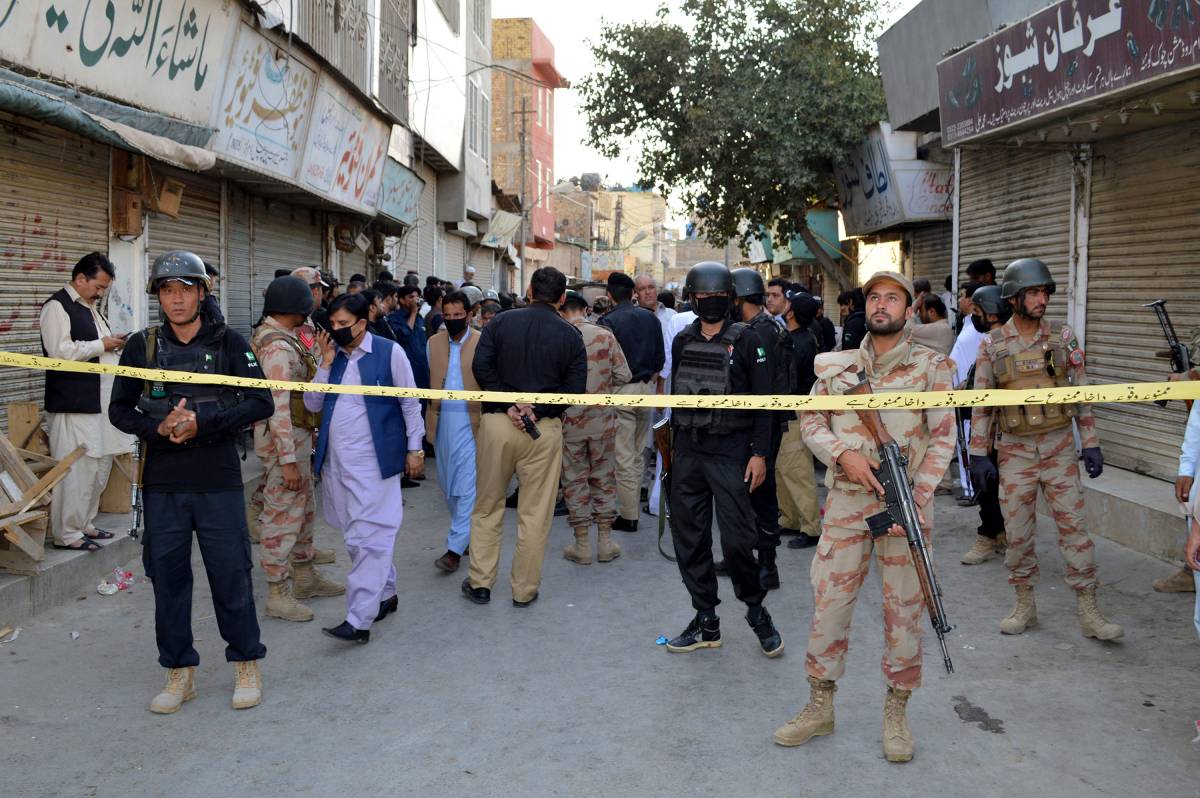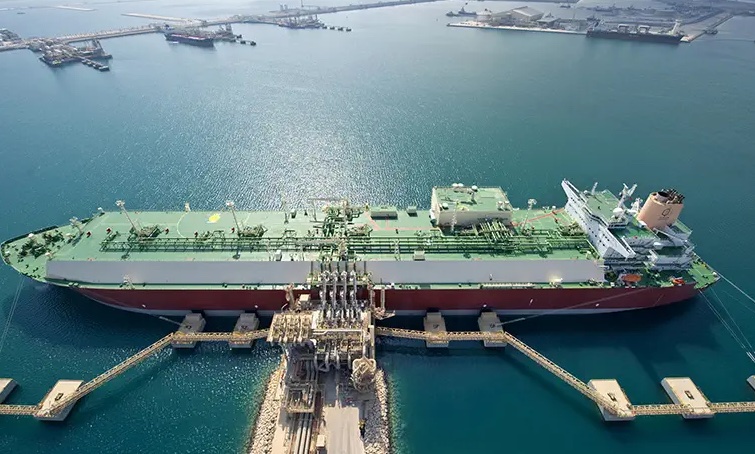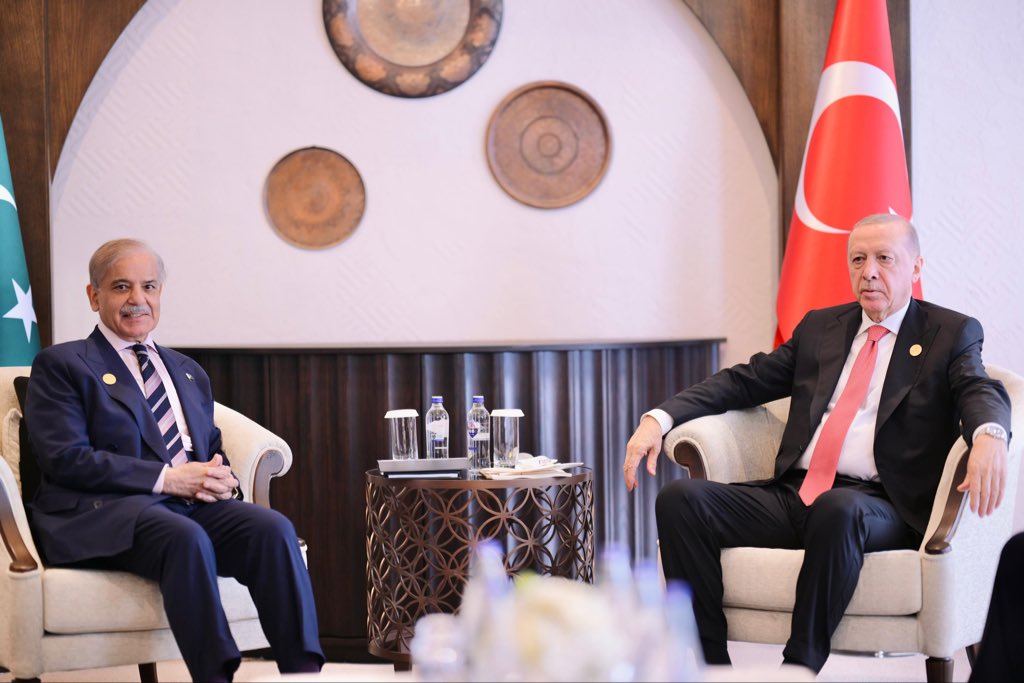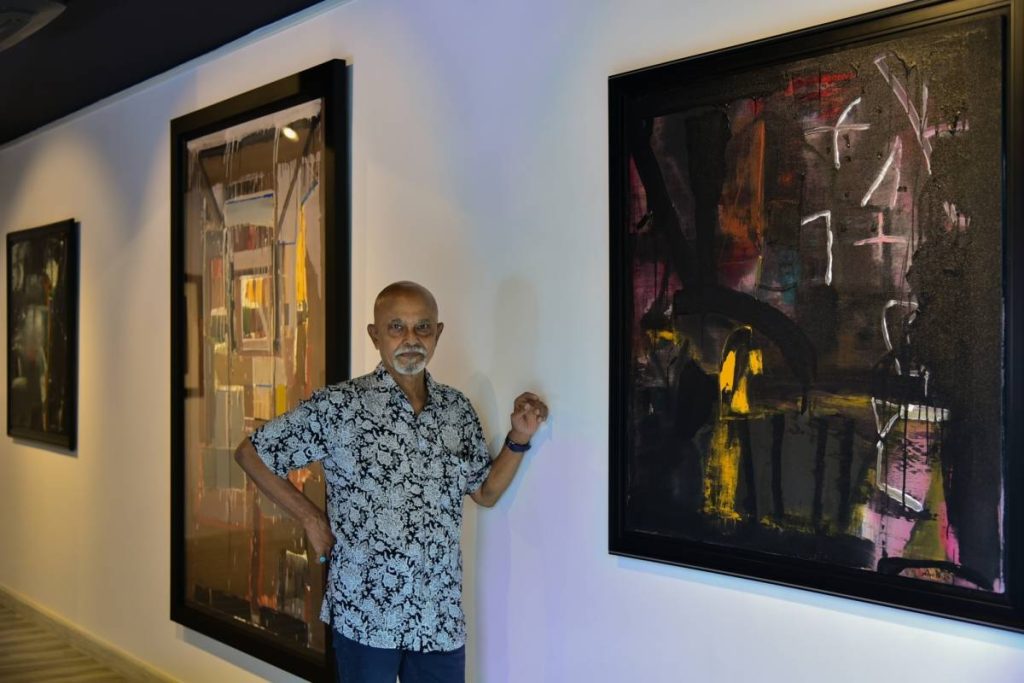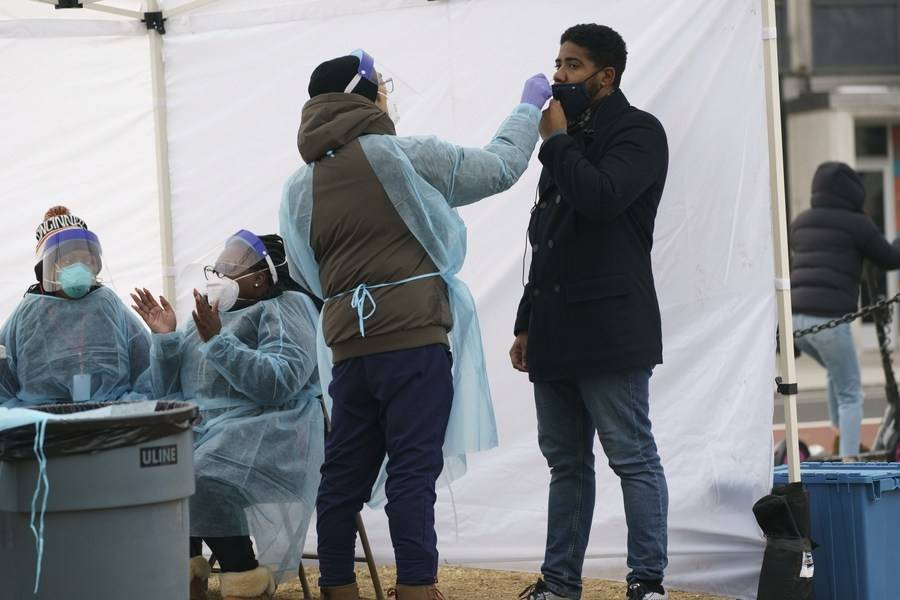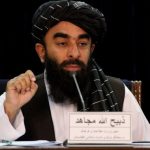Baluch separatists appear to have lost their erstwhile sanctuary in Afghanistan since the Taliban seized Kabul in August, and experts see an opening for Iran…reports Asian Lite News
Since the beginning of this year, violent attacks by secular ethnic Baloch separatists in Pakistan’s restive southwestern province of Balochistan have dramatically risen. The once ragtag guerrillas relying on “hit-and-run” tactics are now turning to high-profile suicide attacks that cause mass casualties, RFE/RL has reported.
Pakistani officials blame regional rivals for the increase in violence in the vast province bordering Iran and Afghanistan and the site of major Chinese projects.
But experts in Balochistan say the spike shows that Islamabad’s failure to resolve or effectively address the long-standing grievances of its ethnic Baluch minority has helped the insurgency persist and provide an opening for neighbours to interfere, the report said.
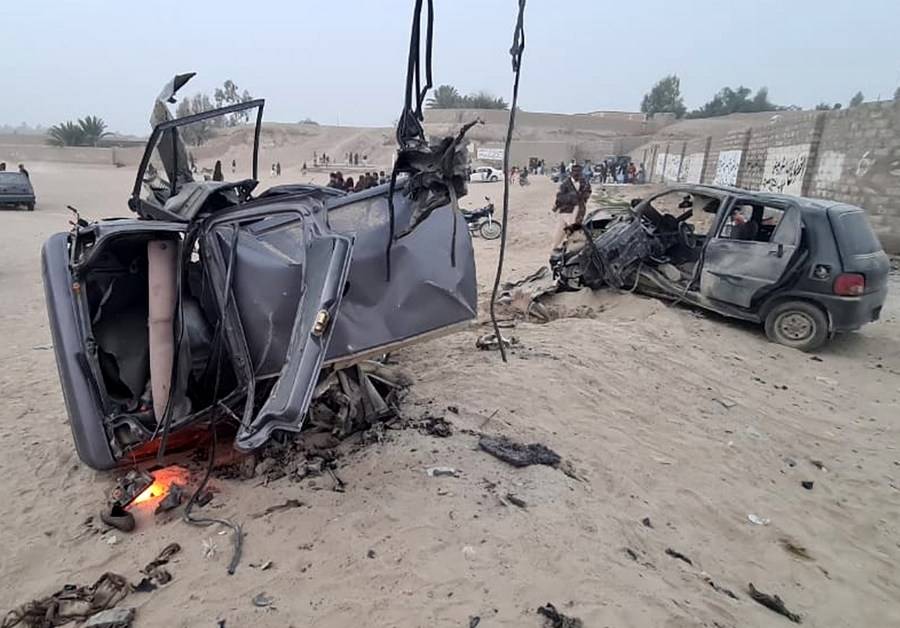
Balochistan is home to several major Chinese projects touted as a way to change Pakistan’s economic fortunes and benefit Balochistan by bringing in jobs and investments. The port of Gwadar became the linchpin of the Pakistan China Economic Corridor (CPEC), a collection of multibillion-dollar energy and transportation projects aimed at linking Xinjiang in western China to the Gulf of Oman through Pakistan. Beijing is also involved in mineral extraction in Balochistan.
But Baluch nationalists oppose Beijing’s footprint. Since separatists began attacking Chinese workers in 2004, Islamabad has launched sporadic military sweeps and a continued crackdown on militants and other supporters of the cause. Human rights campaigners accuse Islamabad of forcefully disappearing or extrajudicially killing Baluch activists and militants since the first clashes erupted between nationalist rebels and security forces in 2000, RFE/RL reported.
Baluch separatists appear to have lost their erstwhile sanctuary in Afghanistan since the Taliban seized Kabul in August, and experts see an opening for Iran, the report said.
“This might be the first time that Iran is sheltering the Baluch insurgents,” Anwar Sajidi, editor of Intikhab, a daily in Balochistan said. “Afghanistan has always sheltered the Baluch.”
Pakistan’s Balochistan Province borders Iran’s southeastern province of Sistan-Baluchistan, where Sunni Baluch make up the majority of residents. Over the past two decades, the Sunni Baluch group Jandullah and its successor, Jaish-ul Adl, have claimed responsibility for scores of deadly attacks and the kidnappings of Iranian security forces. Unlike the secular Baluch separatists in Pakistan, the Baluch groups in Iran see themselves in a struggle against Iran’s Shi’ite clerical rulers, the report added.

